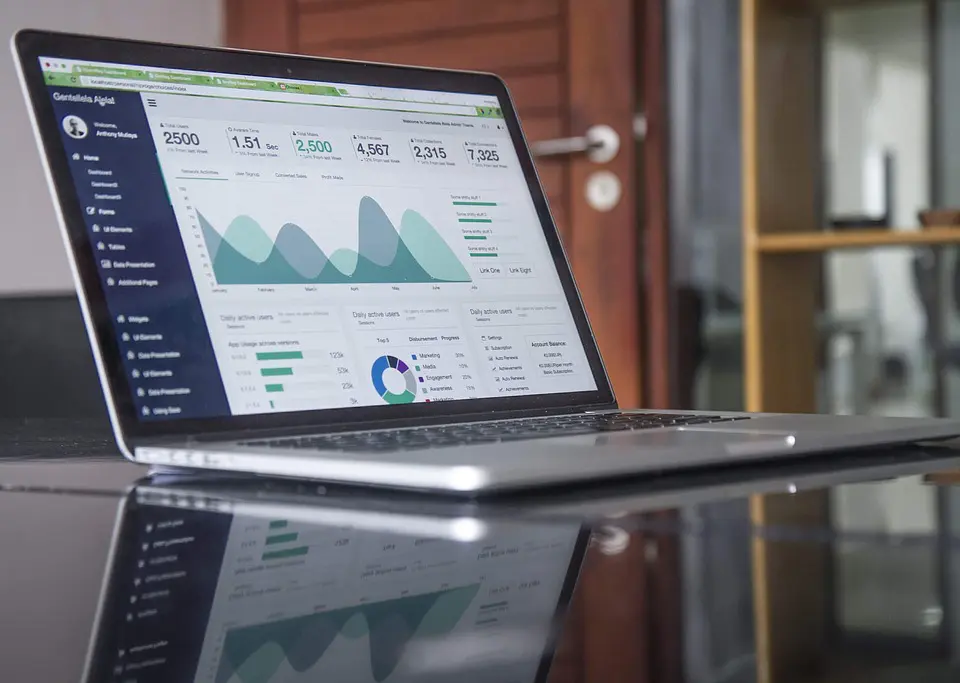Not all of your website pages have the same degree of importance. There are four pages that are especially significant: the home page, the “about us” page, your blog, and the contact page. To get more conversions, start by optimizing these four pages.

(Pixabay / Pexels)
Optimizing a Webpage
To optimize your pages, always start by considering what the user is looking for. It’s also helpful to know how they found your page. Were they directed to you by a search engine, an email, or a navigation menu?
A single page has a brief opportunity to deliver information to a visitor. It’s crucial to weed out superfluous details and use your space to convey the most pressing content. Don’t be so eager to disseminate a wealth of information that you overload the page. The users will not remember all of the details, and the excess content can muddle your message.
After you have ensured that your content is relevant to your users, decide what action you want your users to take. How will you encourage them to buy your product or service? Make your call to action simple but effective.
Website Optimization Tips
As you work to optimize your pages, consider the following tips:
- Home Page – Make your home page noticeable by using big headlines. Place the most vital information (value propositions) front and center on the page. Make it clear where the user is supposed to go next by ensuring that your navigation menu is direct and easy to follow.
- About Page – Users rely on this page to find answers to their questions. Put your most relevant details here. Anticipate questions and address them.
- Blog – Make sure that your blog section is well-organized. Blogs should be sequenced according to categories and the date they were written.
- Contact Page – When a user reaches this page, it usually means that they intend to do business with you. Provide detailed information on how to get in touch with you, including your email address, phone number, mailing address, etc.
Optimizing your pages may take a little time up front, but the process is crucial for creating more engaged user interactions.